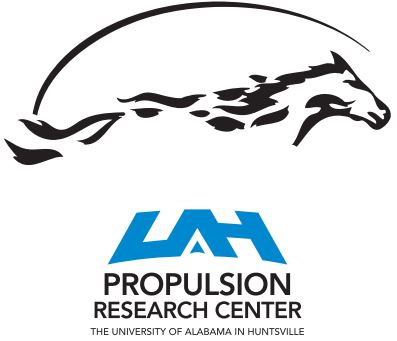A 3D Finite Difference Thermal Model Tailored for Additive Manufacturing
Source
UAH PRC Research Database
Document Type
Article
Publication Title
JOM
Abstract
Physics-based modeling of metal additive manufacturing (AM) processes is computationally challenging due to the very fine meshing required in both time and space. State-of-the-art numerical models that offer great insight into the process have been developed, but they require powerful computational resources and weeks of processing time. Thus, it is often more time-effective to fabricate multiple builds within the time it takes to complete one simulation prediction, further reinforcing the current trial-and-error approach to optimizing the build parameters. This study presents a simplified approach to the transient thermal modeling of the AM process. The numerical model is designed to run on a moderate laptop or desktop computer, without use of parallel processing. The method described in this study uses a unique approach to node creation which leverages the simplicity of the finite difference method to provide predictions in less time than it takes to build the part. Coarse meshing in both time and space along with simplifying assumptions about the solidification process are used in this numerical approach. Model predictions track well with experimental measurements. This approach is being developed for use in an industrial setting to inform deposition parameters based on a desired thermal profile.
First Page
1117
Last Page
1126
DOI
https://doi.org/10.1007/s11837-019-03338-6
Publication Date
3-15-2019
Recommended Citation
Stockman, Tom; Schneider, Judith A.; Walker, Bryant; and Carpenter, John S., "A 3D Finite Difference Thermal Model Tailored for Additive Manufacturing" (2019). PRC-Affiliated Research. 100.
https://louis.uah.edu/prc-research/100


